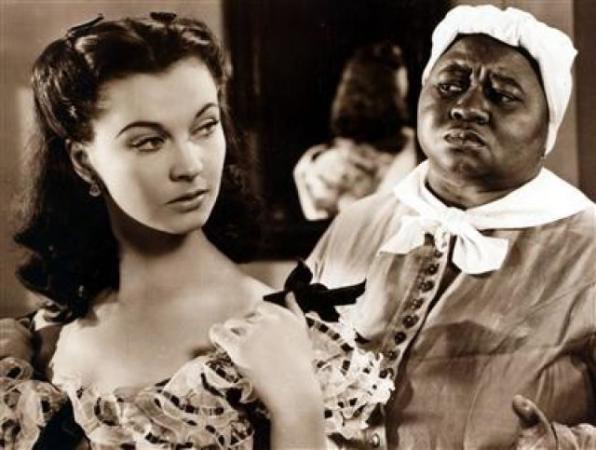Nearly two hundred years after the first movie was ever made in 1888, Hollywood is still grappling with racism, both behind the scenes in the industry and on screen. Shadow And Act’s managing editor Brooke Obie was featured on The Center for Investigative Reporting’s podcast Reveal with host Al Letson, which aired on 500 NPR stations throughout the country this weekend, to discuss the history of racism on screen, from The Birth of a Nation (1915) to Green Book (2019).
“White supremacy has been prevalent throughout cinematic history,” Obie said, even if the tropes of white supremacy have become “less overt.”
“I think that’s why you can have a movie like The Help be so celebrated or you can have a movie like Green Book win the Oscar for best picture in 2019,” she said. “I don’t think [racism has] necessarily gone away. I think what’s changed over cinematic history is the ability for Black people and other critics of color to be able to speak out about what’s happening in these films and TV shows,” she said. “We have the opportunity to call it out.”
Letson and Obie also discussed the power of these images on screen–from the deadly consequences of D.W. Griffith’s The Birth of a Nation reigniting the Ku Klux Klan to the healing catharsis that movies like Ryan Coogler’s Black Panther and Ava DuVernay’s A Wrinkle In Time and When They See Us have provided Black viewers over the past year.
“I think when we lift up artists like Ava, who are out here doing this work for our community, that’s moving our culture forward and creating art that is healing, we’re going to continue to see more of that,” Obie said.
You can listen to the whole interview at Revealnews.org.
READ MORE:
‘Green Book’ Is A Poorly Titled White Savior Film
‘Green Book’ Is ‘Full of Lies’: Dr. Don Shirley’s Family Speaks Out
How ‘Green Book’ And The Hollywood Machine Swallowed Donald Shirley Whole

